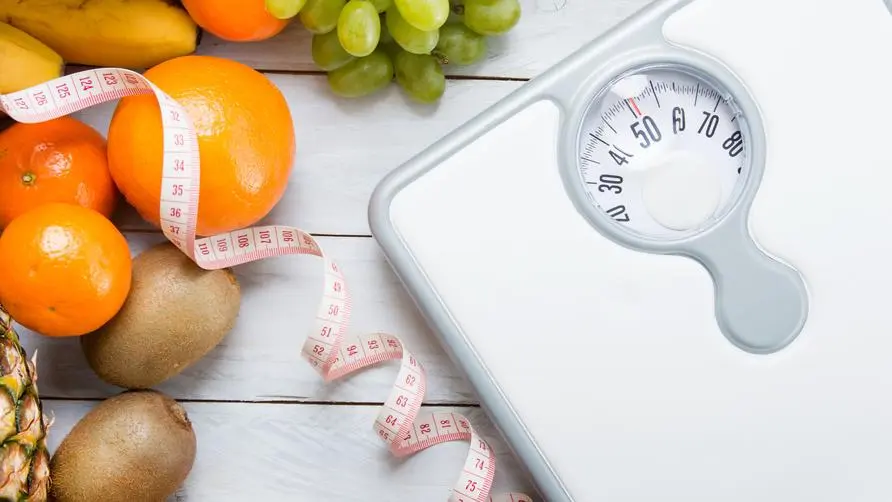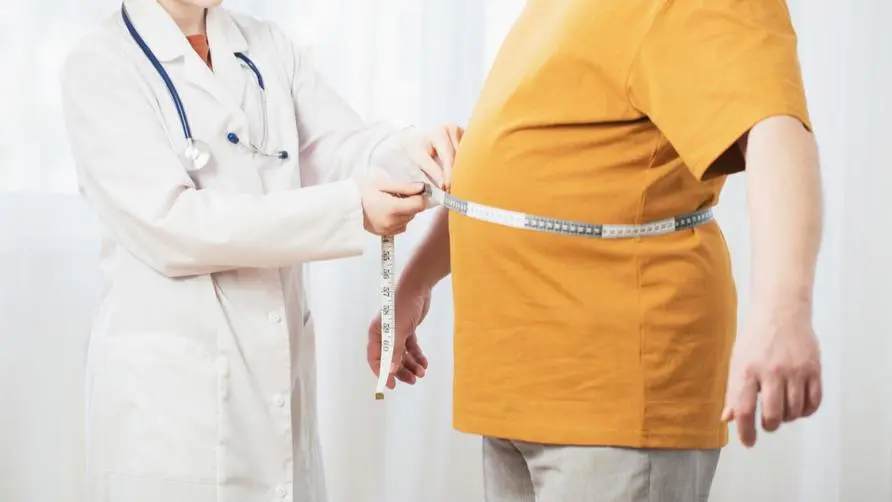Will I gain weight if I eat starch after exercise? Be careful if you eat the wrong food, you will gain weight faster! Nutritionist's 1 method to break through "weight loss barriers"

How should I eat correctly before exercise? What are the consequences of exercising on an empty stomach?
If you want to lose weight smoothly, you must make correct dietary adjustments and exercise appropriately. In an exclusive interview with “healthorn”, a nutritionist from Manman said that diet before and after exercise is closely related to weight loss efficiency. You should avoid fasting for more than 5-6 hours before exercise, and it is recommended to consume foods with a total calories of no more than 200 calories. Food types should be carbohydrates. Mainly, protein as supplement.
Manman nutritionists suggest that you can eat before exercise, but the total amount of food should not be too much. Solid food can be eaten 1-2 hours before exercise; however, overeating 30 minutes to 1 hour before exercise can easily cause gastrointestinal discomfort, so it is recommended to consume liquid food instead.
Manman nutritionists remind that to burn fat through exercise, the key is to “exercise for a long enough time” and not to exercise without eating. In terms of the training volume of strength training, a person who can originally bench press for 10 times may fail after 5 times of exercise on an empty stomach or when the caloric intake is too low. In addition, insufficient carbohydrate intake and too little glycogen in the body or the inability to metabolize it can easily lead to abnormal blood sugar regulation and cause symptoms such as hypoglycemia.
Manman nutritionists suggest that if you are worried that you will eat too much food and cause excess calories, you can also eat 3-5 pieces of 85% or more dark chocolate before exercise. Chocolate has a certain amount of calories, but it also has the effect of reducing hunger and can replenish energy needed for exercise.
Can you eat as much as you want if you exercise? Nutritionist: Taking in the wrong nutrients will make you gain weight faster
How should you eat after exercise to help your muscles repair? Manman nutritionists said that during the eating period after exercise, the total calories need to be controlled within a certain range. If you want to increase muscle mass, men are recommended to consume about 600-700 calories; women are recommended to consume 400-500 calories. If you are taking an active fat loss plan, you can control it between 200-300 calories.
Manman nutritionists believe that the energy taken into the body after exercise will be used first for tissue repair and cell replenishment, and excess calories will turn into fat and accumulate in the body. Therefore, if you eat without exercising, your cells do not need energy, and it is indeed easier to cause fat accumulation.
However, just because you exercise does not mean you can eat as much as you want. Before and after exercise, you should still avoid consuming foods containing refined sugars, such as cakes and snacks. It is recommended to focus on “non-refined” carbohydrates.
Is it faster to lose weight without eating starch? Are red meat and milk “weight loss mines”?
Manman nutritionist said that when losing weight or exercising, many people tend to fall into the myth that “you will lose weight if you don’t eat starch.” Lack of starch intake during exercise may lead to early weight loss effects. Over time, the glycogen in the body will begin to decline, and 1 gram of glycogen will carry 3 grams of water. At this time, the weight lost is often only water, not fat tissue. Nutritionists recommend that when you encounter a “hitting wall” during weight loss, you can take 4 steps to adjust your diet:
Reduce red meat intake. The “saturated fat” in pork, beef, and mutton is quite high, which can easily hinder weight loss.
Reduce dairy intake. Although milk is a good source of nutrients, it contains excess lactose and fat, which may affect weight loss.
Reduced starch intake. Take about “1 fist” size with each meal.
Increase vegetable intake. Take about “2 fists” size with each meal.
Manman nutritionist added that when the weight loss effect stagnates, it is now recommended to adopt a “flexitarian diet”. A flexitarian diet does not mean that you cannot eat meat at all, but mainly “plant-based diet” most of the time. If it is a more rigorous approach, meat is only allowed to be eaten on 1-2 days a week, and the rest is based on a lacto-ovo-vegetarian diet. The flexitarian diet has also been selected as the best weight-loss diet of the year by the United States. As long as the nutrition is balanced and the calories are properly controlled, it can be regarded as a reference method for weight loss groups.





